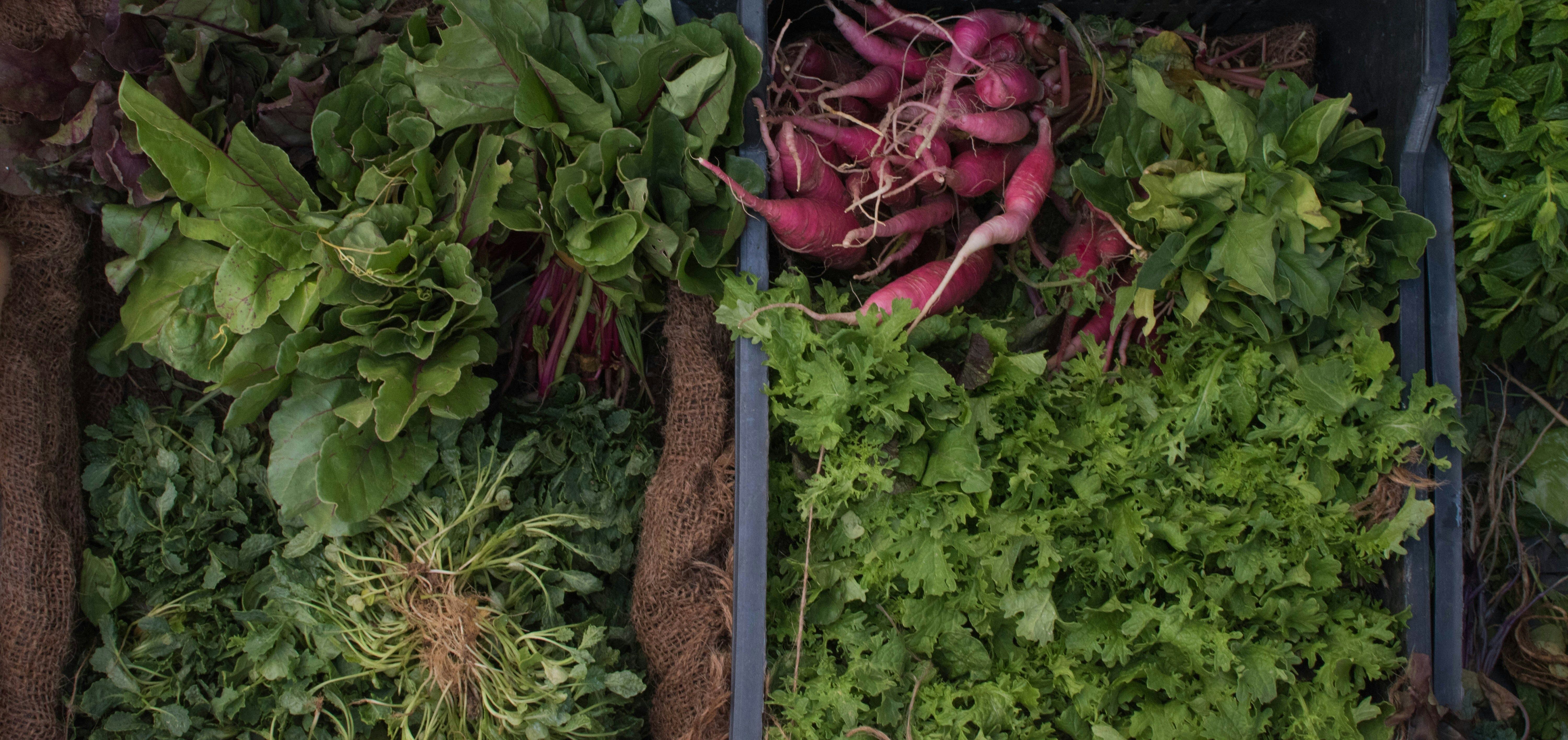
When I first started at the Livingston Food Resource Center, I was certain that I would be able to maintain a firewall between my clients and my emotions. I fought this for the first few months of my employment, desperately determined to keep my heart and head wrapped in a bubble so that I could prevent work from seeping into my home life. With a background working with animals, I had experienced a lot of burnout and heartbreak and I wanted to keep work at work. Was it possible? Would I be able to keep my heart “cold?” As a deeply empathetic person who typically gives all or nothing, this was a pipe dream.
I was recently struck by a quote from a United States Senator stating “leaders of American food banks are on the front lines of the hunger crisis” and I couldn’t help but feel emboldened and defeated at the same time. There is no way around it. This is the work. It requires compassionate involvement at every level, especially in my role as the Program Coordinator for our food pantry.
Working at a nonprofit food pantry can be deeply rewarding, but it also comes with a significant emotional toll. Day after day, we (me, my coworkers, our volunteers) are exposed to the realities of food insecurity—parents skipping meals so their children can eat, seniors struggling on fixed incomes, and individuals facing being unhoused. Bearing witness to these stories can lead to compassion fatigue, where the emotional weight of others' suffering starts to feel overwhelming. Clients sit across from my desk and I watch as they tear up telling me how their life has taken a turn and how they are terrified of what lies ahead. I do my best to provide comfort and at the same time hide the fact that our organization is also scared.
There’s a sense of helplessness that can creep in, especially when demand far exceeds available resources. Currently, we are navigating a 40% decrease in federal funding, while new clients pour in and the number of people we are serving increases. With donations also down, these moments can lead to guilt and frustration, as we are forced to confront the limits of what we can do, even as we give everything we have.
Yet, through all this, my coworkers and I continue the work because of a deep commitment to justice and community. The emotional highs—seeing someone get back on their feet, or simply sharing a moment of dignity and kindness—can provide powerful, if temporary, reprieve from the emotional weight that comes with the job. Working for a nonprofit organization is not for the faint of heart, and working for a nonprofit organization that provides food assistance during unprecedented times is only for the boldest of hearts. This is the work.

